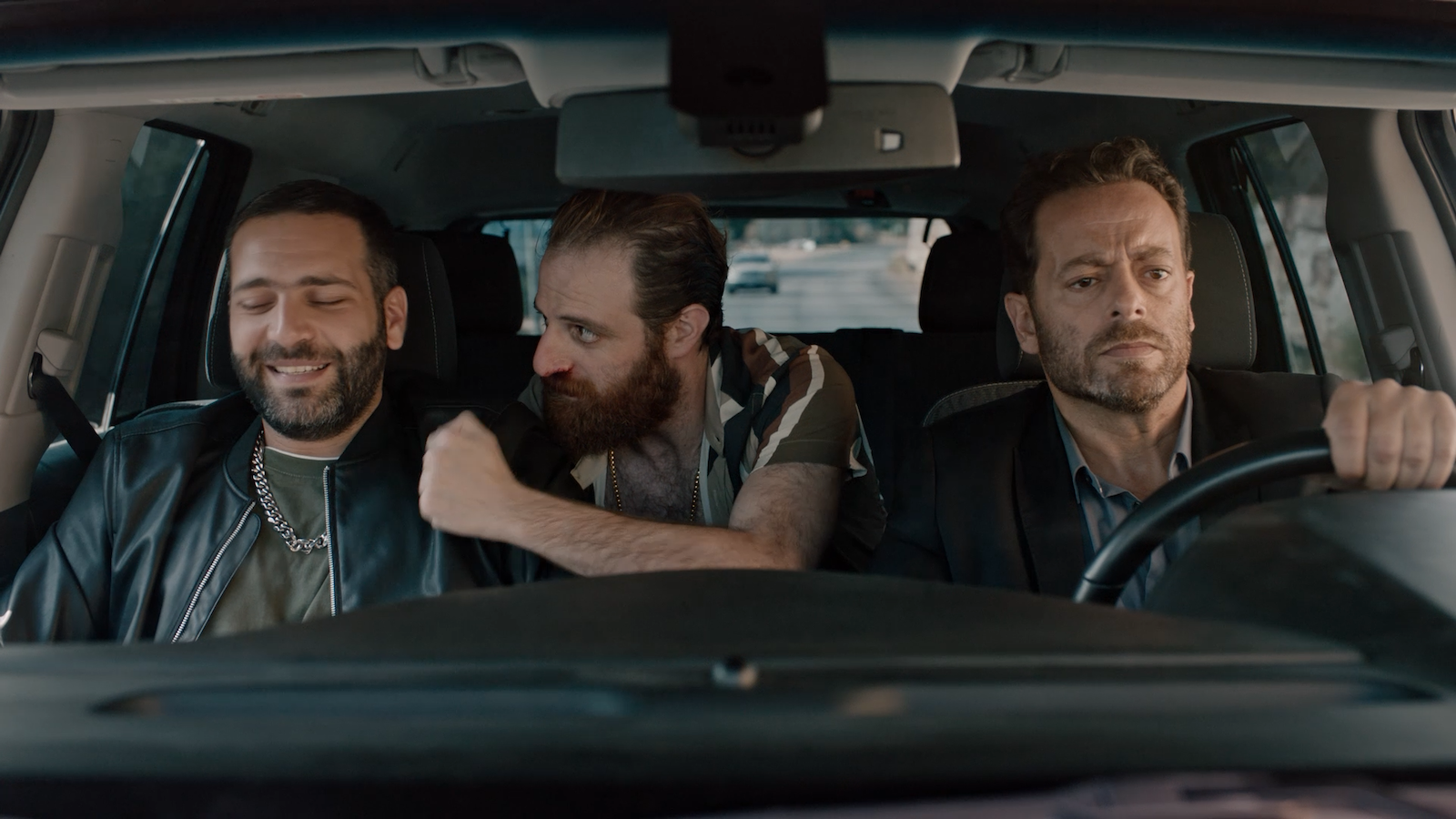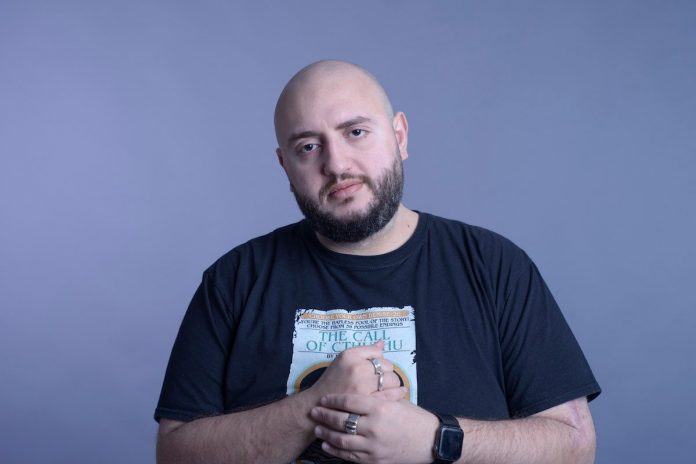DUBAI: For far too long, creators of films and TV shows in the Arab world have had only two realistic options: Either make an arthouse movie that is intended to tour international film festivals (often never actually getting seen by a mainstream audience), or make a traditional melodrama for one of the major TV networks in the region. With very few exceptions, all the many genres lying in between — prestige crime dramas, supernatural thrillers, space westerns and more — have been left to the rest of the world to create. That lack of creative possibility stifled generations of talent, hindering Arab filmmakers from achieving their full potential.
It wasn’t until the arrival of video streaming that the playbook was rewritten, and a new golden age for Arab film and television began. Almost overnight, platforms far and wide became hungry for new content from the Arab world, and — more importantly — eager to take chances on styles and genres that had previously been locked out. In that emerging landscape, there is a need for new voices from across the region to step up with bold ideas.
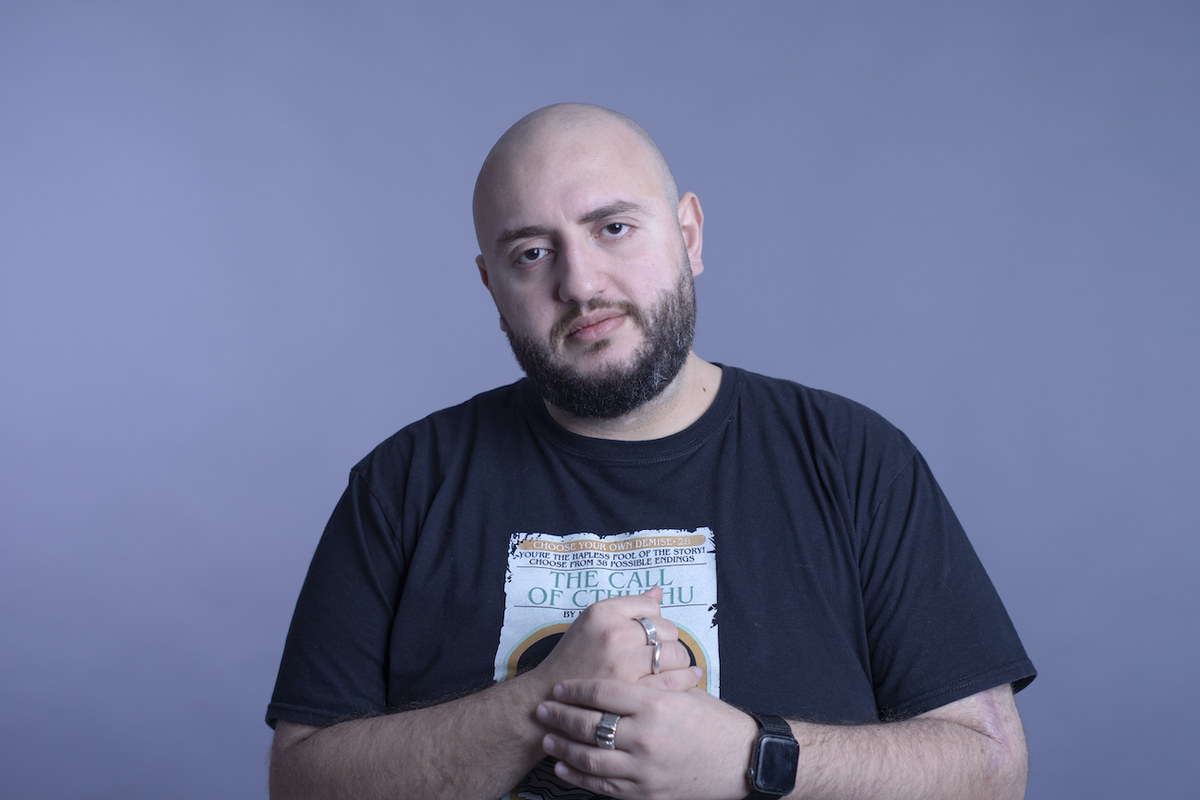
It’s been roughly a year since screenwriter Daniel Habib, writer Nasri Atallah, and musician Firas Abou Fakher (best known as a member of the hugely successful Arabic indie band Mashrou’ Leila), three friends from Lebanon, joined forces as Last Floor Productions to answer that call. They had long lamented the region’s lack of the kind of film and television they liked to watch. So eventually they decided to step up and try to make it themselves. Now, with two series under their belt at MBC Shahid — “The Fixer” and “Al Shak” (The Doubt) — and many more on the way, Last Floor looks set to become one of the new era’s biggest success stories.
“I think you need a very healthy amount of delusion and self-confidence,” Habib tells Arab News. “How do you know you’re that guy? Nobody knows. You’re going to try to be that guy. At the end of the day, none of us are young men. We’ve all tried and failed before. We could have failed here. The minute we didn’t fail, it was like, ‘Huh. OK, so we’re good. Let’s do it another time.’”
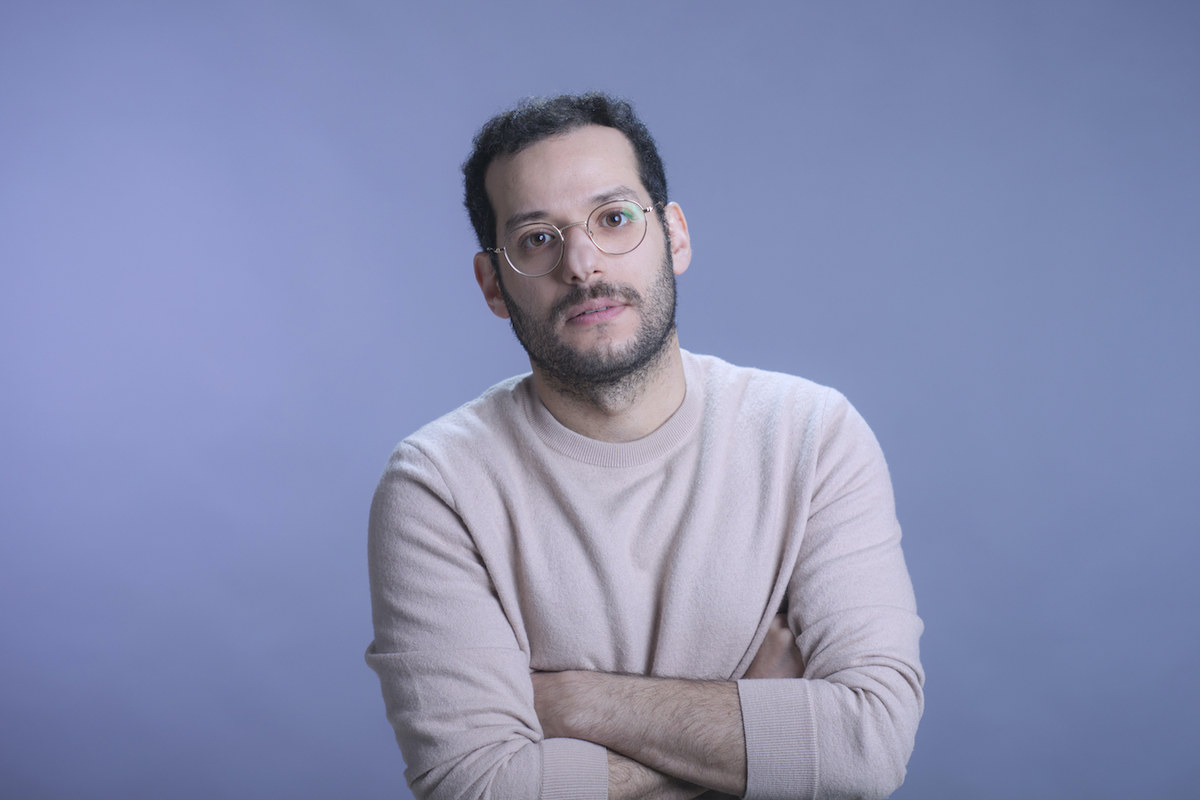
“We want people to watch our shows, and to want to tell their friends and their families about them. We want accessible things. And it’s hard to find that, as there wasn’t much space for it. Now, suddenly, there are small cracks,” says Abou Fakher.
The first project that the trio created together was “Al Shak,” a murder mystery that was conceived, commissioned and produced in only six weeks, entirely during lockdown at the height of the COVID-19 pandemic in May and June last year. It was co-written and co-directed by Saudi Arabian filmmaker and actress Fatima Al-Banawi (who was most recently seen in Netflix’s “Paranormal” and also stars in “Al Shak”) and a host of burgeoning talent from across the region. It was an experience the three will never repeat.
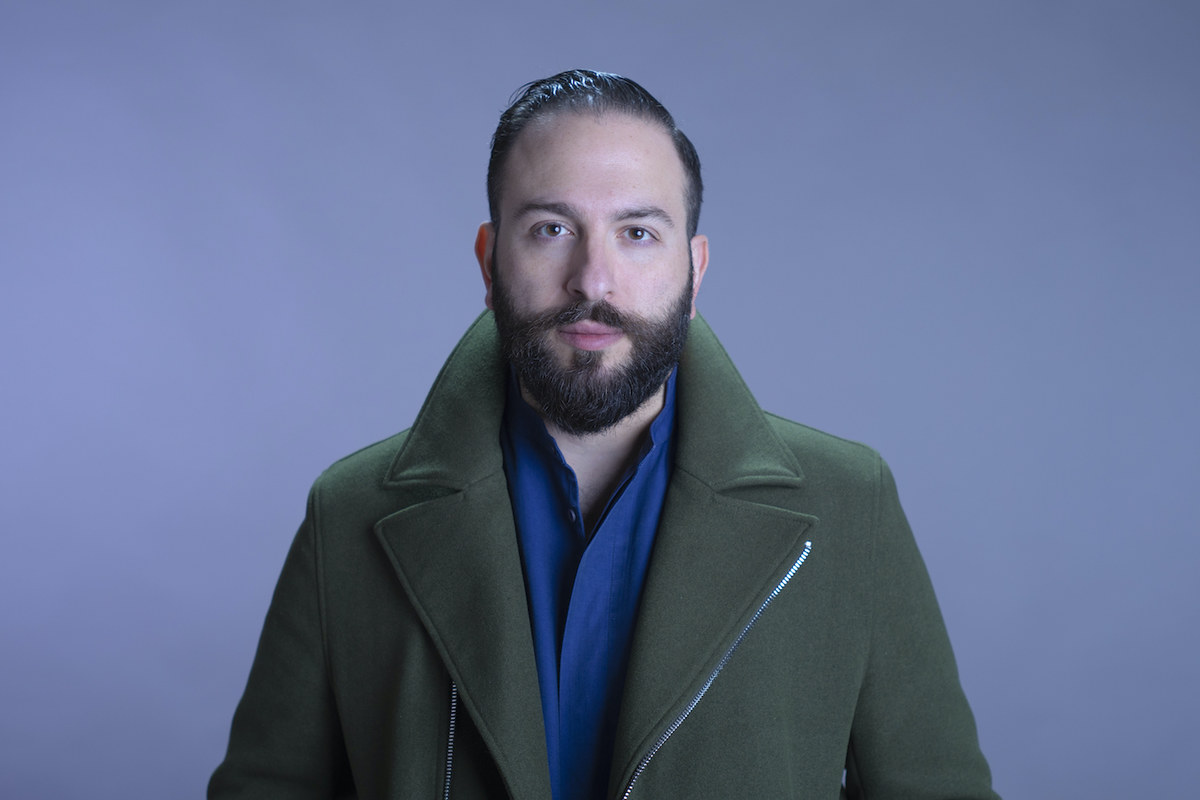
“It almost destroyed us. It’s not how filmmaking is supposed to be done in any way, shape, or form,” says Habib. “The minute we succeeded with that we were like, ‘Let’s never do that again. Let’s never do that.’”
“I remember saying at the end of that, ‘Nothing’s going to be harder than what we just did,’” says Atallah. “We started in, like, the worst possible situation. It was baptism by fire. Ironically, it gave us the confidence that actually everything from here on is going to be fun, and we should enjoy it.”
In 2020, however, that was easier said than done. As the trio embarked on their next project “The Fixer” — an action-comedy that is based around a character modelled loosely on Harvey Keitel’s clean-up man The Wolf from Quentin Tarantino’s classic crime caper “Pulp Fiction” in a format reminiscent of HBO’s anthology comedy-drama “High Maintenance” — tragedy struck Beirut. The devastating port explosion of August 4 happened just as production was about to begin. After some initial doubt over whether they could continue, the cast and crew decided to rally around the project, using that collaboration to help heal their trauma together, and create something they could all be proud of.
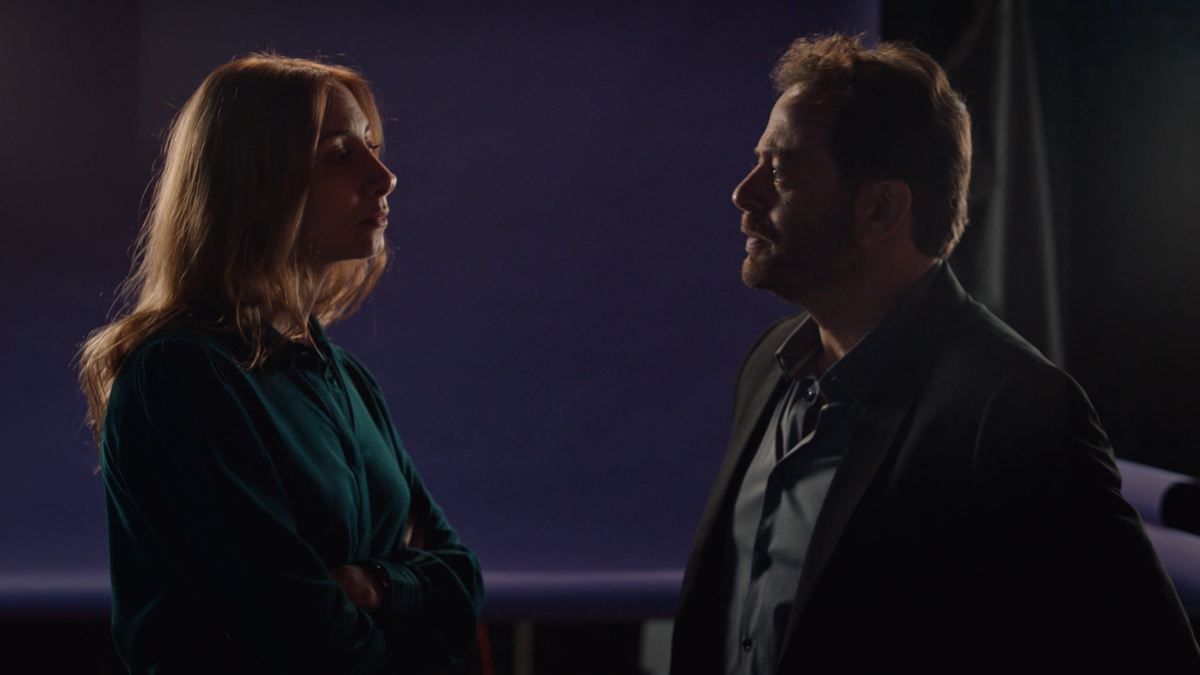
“The show is a love letter to Beirut. Everyone was very adamant that it should happen. After a pandemic and explosion, the show finally came together, and it felt very special. Honestly, when we wrapped filming, it was a different kind of emotion because of everything that (the show) had to go through to actually exist,” says Atallah.
That spirit of camaraderie built around making a unique project that was produced using novel techniques behind the scenes is, more than anything else, what the three plan to use as their model moving forward. Last Floor has a number of projects currently in development, each being made in collaboration with talent from across the region as well as Arab creatives from across the world, all working within the kind of free environment that allows that talent to thrive.
“Everybody’s running for ideas, and we’re in the thick of it. That’s why it’s more exciting than daunting to me. If everybody were 10 steps ahead of us, I would be more scared, but everybody’s in the same spot,” says Habib. “I feel like everybody’s trying to figure it out. And everybody is still learning — even the biggest platforms. So let’s all figure it out together.”
